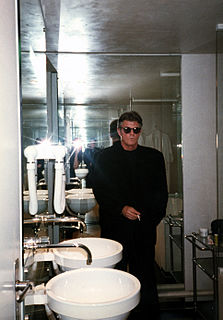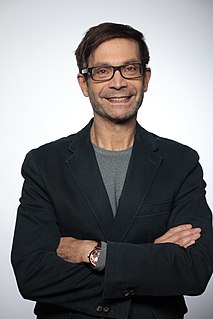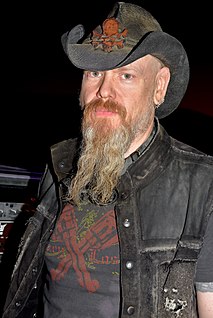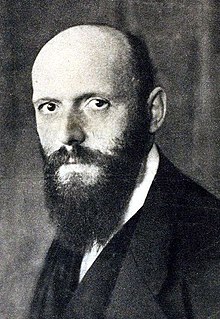A Quote by Lewis Baltz
I believed it was necessary to investigate photography, dismantle it, jettison all the non-essential components, and begin again with a stripped down but more powerful idea of what is, or could be photographic.
Related Quotes
To know whether photography is or is not an art matters little. What is important is to distinguish between good and bad photography. By good is meant that photography which accepts all the limitations inherent in photographic technique and takes advantage of the possibilities and characteristics the medium offers. By bad photography is mean that which is done, one may say, with a kind of inferiority complex, with no appreciation of what photography itself offers: but on the contrary, recurring to all sorts of imitations.
I believed even then that if I could transform my experience into poetry I would give it the value and dignity it did not begin to possess on its own. I thought too that if I could write about it I could come to understand it; I believed that if I could understand my life—or at least the part my work played in it—I could embrace it with some degree of joy, an element conspicuously missing from my life.
It was only after a while, after photographing mines and clear-cutting of forests in Maine, that I realized I was looking at the components of photography itself. Photography uses paper made from trees, water, metals, and chemistry. In a way, I was looking at all these things that feed into photography.
In most ecological systems you have a composite, biotic components as well as abiotic components acting together to form a whole, whereas in a human built environment most of the components are abiotic or they are inorganic. One of the first things we need to do is to complement the inorganic components with more organic components, and to make them interact to form a whole.
I do have strong convictions and political opinions, but I don't think it's necessary to imbue my photographic work with them. I use photography as a vessel for visual material to flow through, to encourage conversation with the viewer. I try to present a catalyst and invite viewers to tell their own stories.
I can appreciate the idea that with e-books more people would publish, the work would be easier to disseminate, and that it could even be interactive. Being a lover of photography, I especially like the idea that you could include lots of pictures - full-color pictures - with your writing. That to me is exciting! We'll all have to stay tuned to see what develops.
I wanted to combine science and photography in a sensible, unemotional way. Some people’s ideas of scientific photography is just arty design, something pretty. That was not the idea. The idea was to interpret science sensibly, with good proportion, good balance and good lighting, so we could understand it.
I think it's stripped down as far as electronics go, but we just wanted to write a record that we felt better represented how we sound live with more of a rock feel, which is the direction we've been heading. It's just an evolution of the band throughout the years. We worked on this record longer than any other record, so I don't know if "stripped down" is how I would put it; I think it is a little bit more raw sounding.








































